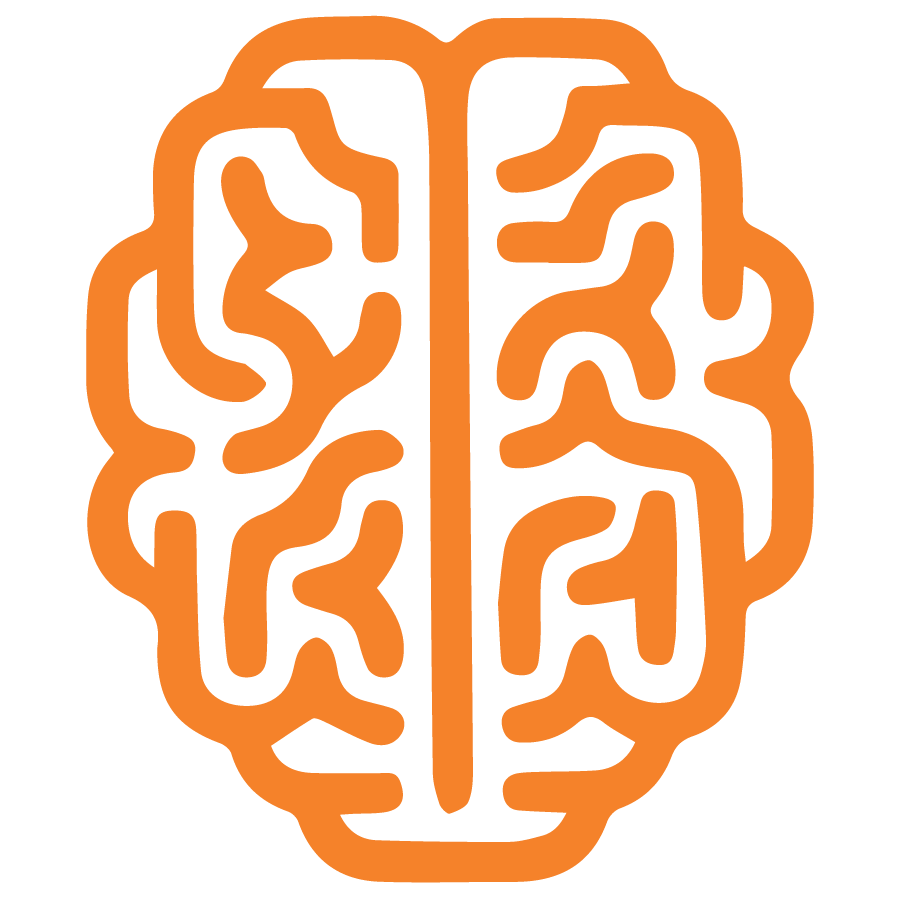 Menu
≡
╳
Menu
≡
╳
- Home
-
Lifestyle Options
-
COMMUNITIES
- Central Florida
- Southeast Florida
- Space Coast
- Treasure Coast
-
Programs
- Resources
- About
- Contact Us
 Menu
≡
╳
Menu
≡
╳
- Home
- Lifestyle Options
-
Communities
- Central Florida
- Southeast Florida
- Space Coast
- Treasure Coast
- Programs
- Resources
- About
- Contact Us
Alzheimer’s disease is a neurological disorder that primarily affects older adults, and for reasons we still don’t fully understand, women.
Despite advances in medicine and technology, the reasons why women develop Alzheimer’s disease at a higher rate than men continue to elude scientists. What’s more, the symptoms and disease pathology of Alzheimer’s progress differently in women.
Steps to Getting An Alzheimer’s Diagnosis
The diagnosis of Alzheimer’s disease is challenging because symptoms can mimic other medical conditions. A diagnosis is typically made after a physical examination and comprehensive evaluation of the individual’s medical history and cognitive function. The evaluation may also include laboratory tests and imaging studies.
In addition to having higher rates of Alzheimer’s disease, research has shown that women tend to perform better on Alzheimer’s tests than men, which causes them to be diagnosed in the later stages. There are several theories as to why this may be the case. One theory is that women have better verbal memory skills than men, which may help them perform better on tests that measure memory and language skills. Another theory is that women’s brains may be better able to compensate for early signs of Alzheimer’s disease, allowing them to perform better than men. Whatever the reason, it’s important to note that Alzheimer’s disease is a complex neurological disorder, and further research is needed to fully understand why risk factors and pathology are different between the sexes.
Below we’ve outlined the four common steps used to diagnose Alzheimer’s disease. Keep in mind, the methods and tools may vary by doctor and by the individual evaluated, so please ask your doctor if these tests are right for you or your loved one.
Step 1 – Medical History Review
The initial step in diagnosing Alzheimer’s disease is to conduct a medical history review. The doctor will ask the patient about their symptoms, medical history, and family history of the disease. This information can help the doctor identify the risk factors for Alzheimer’s disease and rule out other potential causes of memory loss.
Step 2 – Physical Exam
A physical exam is also an essential component of the diagnostic process. The doctor will look for signs of neurological problems, such as tremors, weakness, and sensory loss. They may also evaluate the patient’s gait, balance, and reflexes.
Step 3 – Cognitive Function Tools
Cognitive function tests are used to evaluate memory, language, reasoning, and problem-solving abilities. These tests may include the Mini-Mental State Examination (MMSE) or the Montreal Cognitive Assessment (MoCA) test—each are used to detect cognitive impairment. Other screening tests such as the Abbreviated Mental Test Score (AMTS) “Mini-Cog” require people to remember and recall information or words. Typically administered by a neuropsychologist, the various tools are designed to evaluate cognitive function, rule out other possible conditions, and detect early signs of Alzheimer’s disease.
Step 4 – Diagnostic Tests
Laboratory tests, such as blood tests, may also be conducted to rule out other potential causes of memory loss, such as thyroid dysfunction or vitamin deficiencies. Brain imaging tools such as magnetic resonance imaging (MRI) or computed tomography (CT) scans may also be used to evaluate brain health and function and detect any structural changes in the brain that may suggest Alzheimer’s Disease.
In addition to these diagnostic tests, doctors may also use brain scans to detect the presence of amyloid plaques in the brain, which are a hallmark of Alzheimer’s disease. These scans, such as PET or SPECT scans, can help diagnose Alzheimer’s disease at an early stage.
Remember, the diagnostic tests that are used will vary by each doctor conducting an assessment. For more information on medical tests used to diagnose Alzheimer’s disease in women, the Alzheimer’s Association publishes various resources online.
Biomarkers of Alzheimer’s Disease
When discussing an Alzheimer’s diagnosis, many older adults also ask about the markers of Alzheimer’s disease. In recent years, researchers have identified certain biomarkers that are linked to Alzheimer’s disease, including beta-amyloid and tau.
Scientists believe Alzheimer’s disease is caused by the toxic buildup of these proteins. In short, the beta-amyloid protein forms what is called “plaque” in the brain. The tau protein forms “tangles” inside brain cells. In people with Alzheimer’s disease, these proteins become toxic and spread, leading to cognitive challenges and dementia symptoms.
The discovery of these biomarkers has led to the development of new diagnostics tools and treatments. But testing technology still has a long way to go. While some blood tests can detect the presence of biomarkers, they cannot be used to diagnose Alzheimer’s disease.
Genetic Risk Factors of Alzheimer’s Disease
Older adults seeking an Alzheimer’s diagnosis also ask about genetic risk factors, which offer new insight into the increased risk of Alzheimer’s disease in women.
The apolipoprotein E (APOE e4) gene is considered the strongest risk factor for development of Alzheimer’s disease in people over the age of 65, and especially in women. Having the e4 form of the APOE gene increases the risk of not only developing the disease, but also developing it at a younger age. Researchers believe as many as 65% of people diagnosed with Alzheimer’s disease have one or two copies of the APOE e4 gene.
In 2022, a new study conducted by the Boston University School of Medicine found a gene called O6-Methylguanine-DNA-methyltransferase (MGMT) which has also been associated with the increased risk of Alzheimer’s disease in women. The research showed MGMT contributed to the development of toxic amyloid and tau proteins, the two biomarkers of Alzheimer’s disease.
Genetic testing may one day be used as a tool for early screening, but it currently offers limited information for the diagnosis of Alzheimer’s disease. In rare cases, a doctor may use genetic testing as part of the diagnostic process, but it is not currently a routine screening.
Keep in mind, inheriting a deterministic risk gene like APOE-e4 or MGMT does not guarantee that you will develop Alzheimer’s, which is why genetic testing is not a reliable source of diagnosis yet.
For more resources, a white paper published by the Alzheimer’s Association can provide additional guidance related to genetic testing and its implications on your risk factors and health.
The National Institute on Aging published a Alzheimer’s Disease Genetics Fact Sheet.
Biomarkers, Genetics and Alzheimer’s Disease in Women
Understanding the relationship between biomarkers, genetics and Alzheimer’s disease may be the key to understanding why women are disproportionately affected by the disease.
Talk to your doctor if you or a loved one are experiencing memory loss or other cognitive challenges, symptoms or behaviors. Early diagnosis of Alzheimer’s disease in women can help improve prognosis and quality of life.
For frequently asked questions about women and Alzheimer’s disease, visit a Serenades For Her Memory Care community. Serenades Memory Care communities use person-centered care, which tailors care to the unique aspects of each individual, including gender.
An innovative new program in Central Florida, Serenades For Her caters to a woman’s need for privacy and comfort. All-female neighborhoods feature robust social programming with specialized dementia care to create a sense of sisterhood and mutual support for women with Alzheimer’s disease and dementia.
Schedule a visit to Serenades Memory Care For Her to learn more.
Information provided on this page is for informational and educational purposes. The information provided should not be considered a substitute for individual medical assessment, diagnosis or treatment by your medical provider or physician. In you or someone in your care has a medical problem, contact your doctor or mental health provider.
MEMORY CARE EXCLUSIVELY FOR HER
An innovative new concept in memory care, Serenades For Her caters to a woman’s need for the utmost privacy and comfort. All-female neighborhoods feature robust social programming with specialized dementia care to create a sense of sisterhood and mutual support for women.







